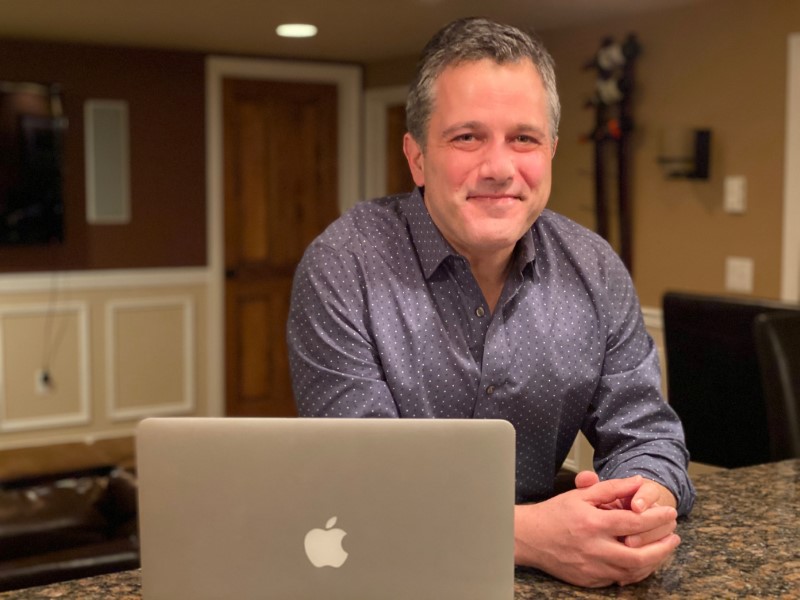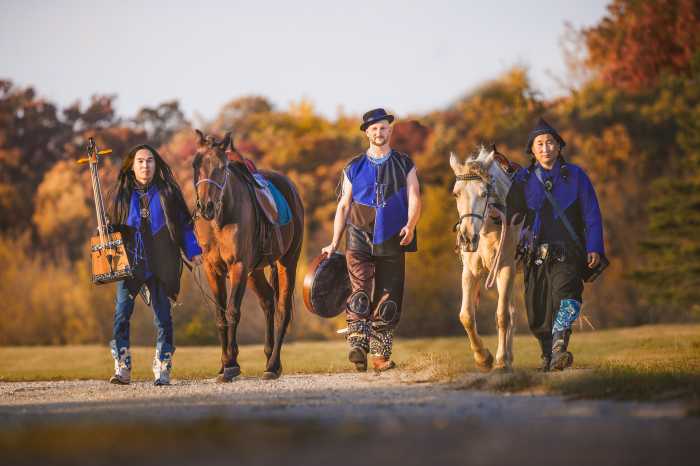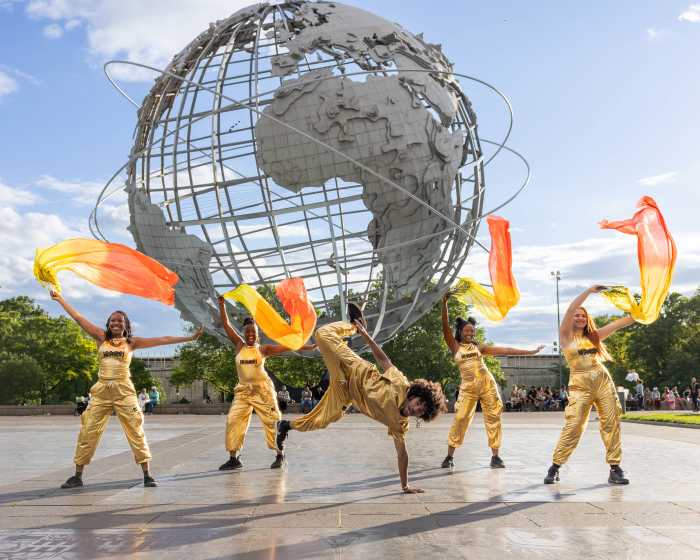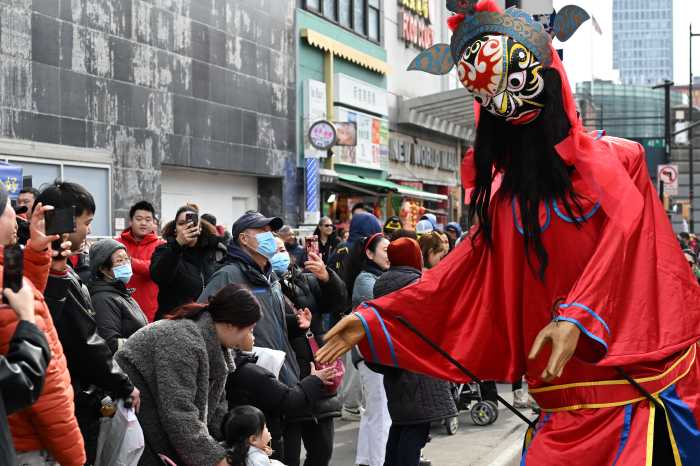BY BARBARA GOLDBERG
Americans are employing humor as a balm to soothe nerves during the coronavirus pandemic, flocking to new Instagram stars like Quentin Quarantino and sharing Facebook memes about taking off bras and pants and putting on weight in self-quarantine.
Late-night TV hosts and hometown comedians are providing a mental health safety net for Americans living amid COVID-19 trauma, and medical experts say humor is a vital part of surviving the cascading catastrophe.
“We’re just trying to find the lighter side of the crisis with articles that tell readers that this is temporary, ‘Let’s just get through it together,’” said Jonathan Jaffe, whose New Jersey-based satirical newsletter, The Jaffe Briefing, has had a 40 percent spike in readership since the first coronavirus patient died in the United States on Feb. 28.
Snarky but very positive, the daily bulletin updates readers on such news as Anheuser-Busch’s efforts to switch production from beer to antiseptics.
“NEWARK – The Sultan of Sanitizer? The Highness of Hand Hygiene? The Ayatollah of Antiseptic? Someone has to devise a new, snappy nickname now that The King of Beers is mass producing hand sanitizer.”
Mental health professionals say humor is a balm for soothing nerves, not just by tickling funny bones but also by decreasing stress hormones. Clinical evidence shows high levels of stress can weaken immune systems.
Jokes at a time of crisis, however, should be rooted in commonalities rather than in differences. If not, they risk the resounding criticism directed at comedian Ari Shaffir after he tweeted sarcastic humor about the January death of basketball great Kobe Bryant.
MENTAL ARMOR
At an otherwise grim news conference to update on the state’s COVID-19 death toll and infection numbers, Kentucky officials this week showed photographs of sidewalks chalked with light-hearted sayings, and Public Health Commissioner Dr. Steven Stack told reporters, “Humor is healing.”
Comedy can serve as mental armor to ensure safe passage through tragic times, says psychologist Sean Truman of St. Paul, Minnesota.
“It’s a really powerful way to manage the unmanageable. Just to make fun of it and to gain control by laughing at it. That’s a really powerful psychological move we can make,” Truman said.
With New York at the epicenter of the U.S. crisis, Governor Andrew Cuomo enlisted comic actor Danny DeVito to drive home the very serious message about self-quarantining.
“Stay home,” DeVito, 75, said in a widely aired public service announcement. “We got this virus, this pandemic, and you know young people can get it, and they can transmit it to old people, and the next thing you know – ‘Gghhhhkk, I’m outta there!’”
After production of their late-night television talk shows was shut down, comedians Jimmy Kimmel, Jimmy Fallon, Stephen Colbert and Trevor Noah are streaming their monologues online.
Millions watched as Fallon sat on his front porch and rewarded himself for landing jokes told only to his laptop computer by pressing a button that delivered canned laughter and applause.
A recent episode of “The Light Show with Stephen Colb-Air – We’re All In This Together,” recorded on Colbert’s front porch, featured a mock horse race.
One thoroughbred “Does This Cough Mean Anything?” vied for the lead with “Maybe This Will All Blow Over.” And the winner “by three lengths!” announced the breathless sportscaster, was “Generalized Anxiety.”

































